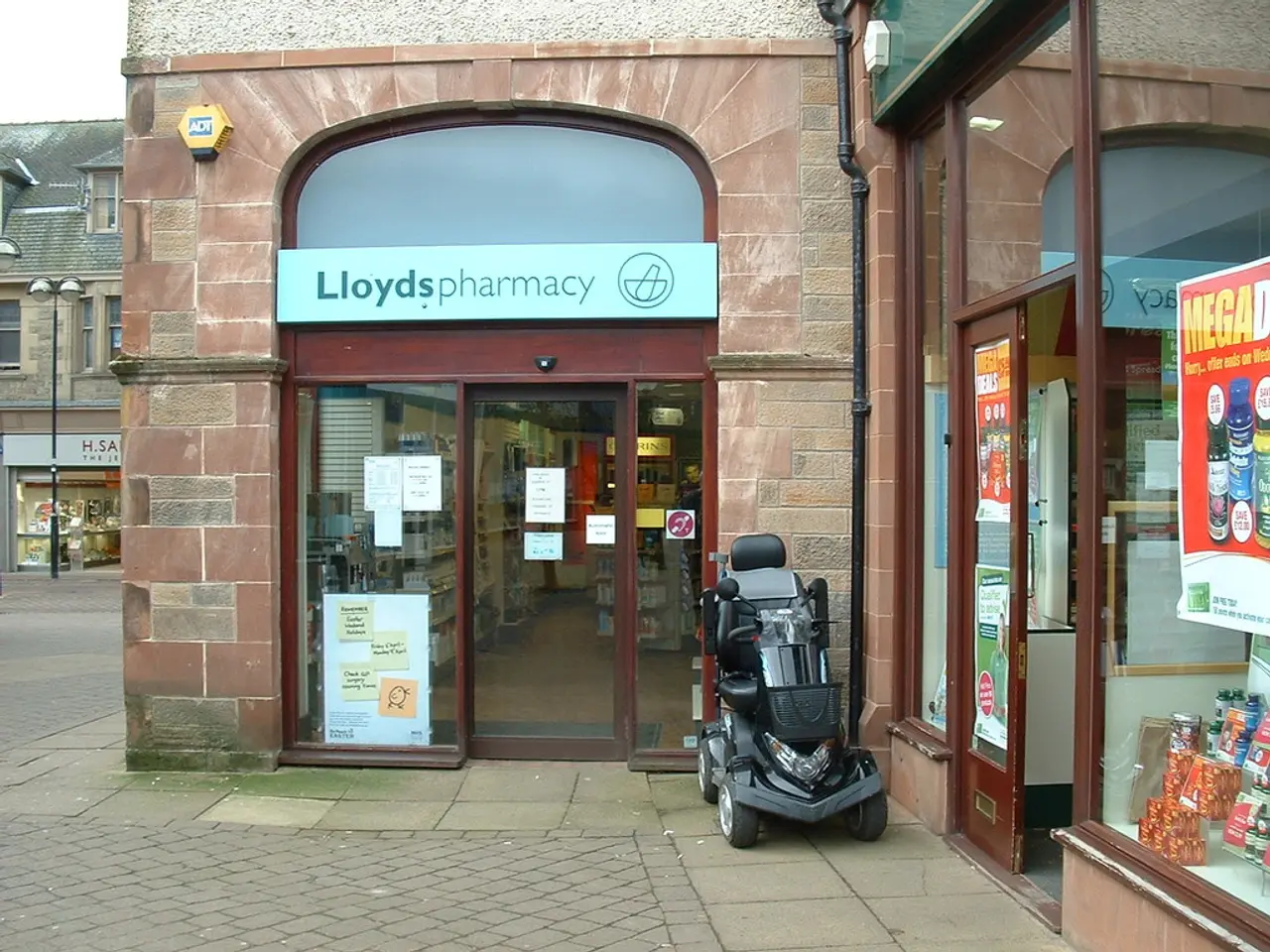Top Acne Treatments in Pill Form: A Look at Varieties and Details
Acne is a common skin condition that affects more than 8 in 10 people aged 12-25 years globally. Factors such as stress, diet, and certain cosmetics can contribute to its development, but hormonal fluctuations during puberty, pregnancy, or menopause can also trigger acne.
When topical treatments fail to control acne, oral medications may be considered. Here's a rundown of the most common oral medications for acne, their benefits, and potential risks.
Isotretinoin (Accutane)
Isotretinoin is an extremely effective treatment for severe, persistent, or nodulocystic acne. By shrinking sebaceous glands and reducing oil production, it offers long-term clearance and decreased inflammation. However, it comes with significant side effects such as dry skin, peeling, liver toxicity, joint pain, mood changes, and a very high risk of birth defects, requiring strict medical monitoring.
Oral Antibiotics
Oral antibiotics like tetracycline, doxycycline, macrolides, and sarecycline are used for moderate to moderately severe inflammatory acne. They help reduce bacteria and inflammation, providing relatively fast improvement within 3 months. However, the potential risk of antibiotic resistance means that treatment duration is limited, and maintenance with topical treatments is often recommended.
Hormonal Therapy (Oral Contraceptives)
Hormonal therapy, such as Drospirenone/Ethinyl Estradiol-based oral contraceptives like Yaz/Yasmin, can be effective in treating acne, particularly in females with hormone-related acne. They regulate hormones that cause acne flare-ups, but they come with typical contraceptive risks such as blood clots, and they may not be suitable for everyone.
Spironolactone
An oral anti-androgen, spironolactone is used in females for hormonal acne. It reduces oil production linked to hormones, but it comes with potential electrolyte imbalances and requires medical monitoring.
Each option's selection depends on acne severity, patient profile, and risk tolerance. Antibiotics are typically reserved for short periods to minimize resistance, isotretinoin is reserved for severe cases due to its risk profile, and hormonal treatments are used particularly in females with hormonal influence.
In summary, the best oral medications for acne include:
- Isotretinoin: Extremely effective but with significant side effects and birth defect risks.
- Oral Antibiotics: Reduce inflammation and bacteria but with the risk of antibiotic resistance.
- Oral Contraceptives: Regulate hormone-driven acne in females but with hormonal side effects and contraceptive risks.
- Spironolactone: Reduces androgen effects, effective in females, but with potential electrolyte imbalances.
These medications are often part of a tailored plan, often combined with topical treatments to optimize effectiveness and safety. Dermatologists may recommend that a person continues using topical agents such as clindamycin, sodium sulfacetamide, or azelaic acid to maintain their results after oral antibiotics ease symptoms.
Remember, the best oral medication for acne depends on the type of acne someone has, their age, pregnancy status, overall health, and other factors. Always consult a healthcare professional before starting any new medication.
- Depression and skin conditions like acne might be interconnected, as stress, a mental health issue, can contribute to the development of acne.
- In the field of dermatology, predictive science plays a role in understanding how medical conditions like hidradenitissuppurativa impact a person's skin health and wellness.
- Hormonal fluctuations, which can trigger acne, are not just limited to puberty, pregnancy, or menopause; they can also occur during other women's health issues such as polycystic ovary syndrome (PCOS).
- Skincare products often contain aq, a compound that can help maintain moisture levels in the skin, improving its overall health and appearance.
- Women's health encompasses not only reproductive health but also matters relating to mental health and overall health and wellness, such as managing depression or acne.
- The science of medicine has developed a variety of treatments for mental health conditions like depression, such as therapy, medication, and self-care practices like meditation, to help individuals cope and lead healthier lives.




